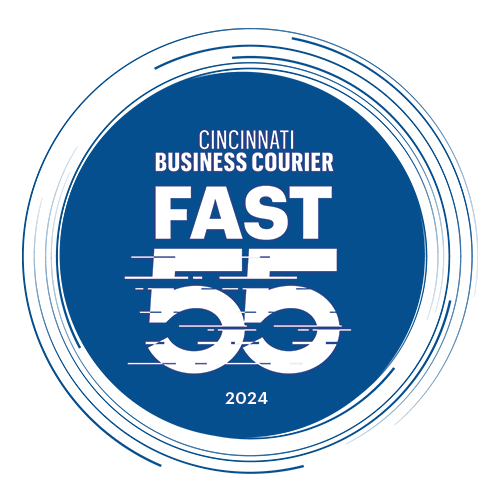Small businesses can have a tough time in today’s hypercompetitive, globally-focused corporate environment. When your business is facing a competitor with more resources, a higher marketing budget, and a larger market share, it can be very intimidating indeed.
However, the innovations of the 21st century have brought a fantastic way that can help level the playing field, and allow small businesses to compete with the enterprise – PPC (Pay-Per-Click) advertising.
You’re probably familiar with that term – PPC advertising uses smart keyword integration to place advertisements in search results, promoting your business when someone searches for one of your targeted keywords. Google AdWords is a prime example, allowing businesses to advertise themselves for relevant search terms, directly on Google search results.
PPC advertising is great for small businesses. Because you only pay when your ad is clicked, you get a great return on investment – and used properly, you can boost the profile of your business, and easily compete with larger, more well-known brands. To help you do so, we’ve put together a list of 5 quick tips to help you utilize PPC advertising to its full potential.
1. If You Aren’t Sending A Prospect To A Landing Page, Make Sure Your Website Is Up To Par
We always stress driving people to a highly targeted landing page when running a PPC campaign. However, if that option isn’t in the mix for you, at least ensure your website has the proper variables to help convert that click into a customer. PPC advertising may drive consumers to your website – but unless your website is well-designed, fully functional, and easy to use, you’ll never be able to convert these leads into customers.
If you want to compete, you’ll need to offer a gorgeous, intuitive, and information-rich web browsing experience. Easy navigation and clear calls-to-action are essential, especially if you place a PPC ad that involves a special offer.
So take an honest look at your website. A great way to do this is to compare your small business’s website directly to your competition. What do they do better? How can their design inspire yours? What does their target market expect from their website? These insights are extremely valuable, and can help you revamp your website – allowing you to compete with big brands.
2. Do Your Research
The first step to implementing a great PPC campaign is research. You probably already have quite a bit of research data on your target market segments and your audience – leverage this to ensure that your PPC campaign is successful. You want to ensure that you pick keywords for your campaign that can drive growth in your business – and that means you need to know the terms that your target market searches for.
For example, if you run a boating equipment store, you may want to place an ad that pops up when someone searches for “Boating store near me”, “boating store”, “best boating stores” in their search engine of choice.
It can be helpful to use a service like the Google AdWord Keyword Tool while researching keywords. This will allow you to find the search terms that are the most commonly used in your industry, and help you choose great PPC keywords for your campaign.
3. Use Smart Keyword Targeting To Avoid Direct Competition
You should understand what keywords your competition is targeting – but that’s because in certain cases, it makes more strategic sense to not compete against them directly.
The reasoning behind this is simple. Even if your business places an ad that shows up next to a competitor’s ad, their ad is still on the page. You can maximize ROI by ensuring that your ad is the only one that shows up for a specific search – and that your chosen keywords don’t have direct competition from your major competitors.
While some industries have very specific keywords that prospects search for, there are opportunities to capture market share by finding search terms that have a lower frequency level but still drive the right prospects to your landing page or website.
4. Keep Your Budget Reasonable
You shouldn’t overspend on your internet ads. It may be tempting to spend a large amount of your ad budget on PPC advertising – especially when you’re just starting your campaign – but it’s unnecessary.
Instead, focus on using smart research to find great, low-cost keywords. Once you start your campaign, you can get a feel for how well your PPC strategy is working – and make further advertising buys accordingly. Doing so will minimize the costs of placing ads, and maximize your return on investment.
5. Use Great Offers To Draw In Consumers
Even when you use smart research and keyword targeting to avoid your competition and place smart advertisements, you still have to appeal to your consumers, and tempt them into buying from you – rather than a large competitor.
You have to establish trust with these consumers, and having a great offer in your PPC ad – such as a 30% discount for first time buyers or a valuable whitepaper for key industry insights will appeal to customers, and encourage them to visit your site.
Leverage PPC As Another Tool In Your Customer Acquisition Toolbox
Operating all or part of business isn’t easy, but PPC advertising can help you increase your market share, and allow you to compete with industry heavy-hitters – all at a reasonable cost. So take a look at these above tips to help you implement a smart, focused PPC advertising strategy – and you’ll be shocked by the results.








